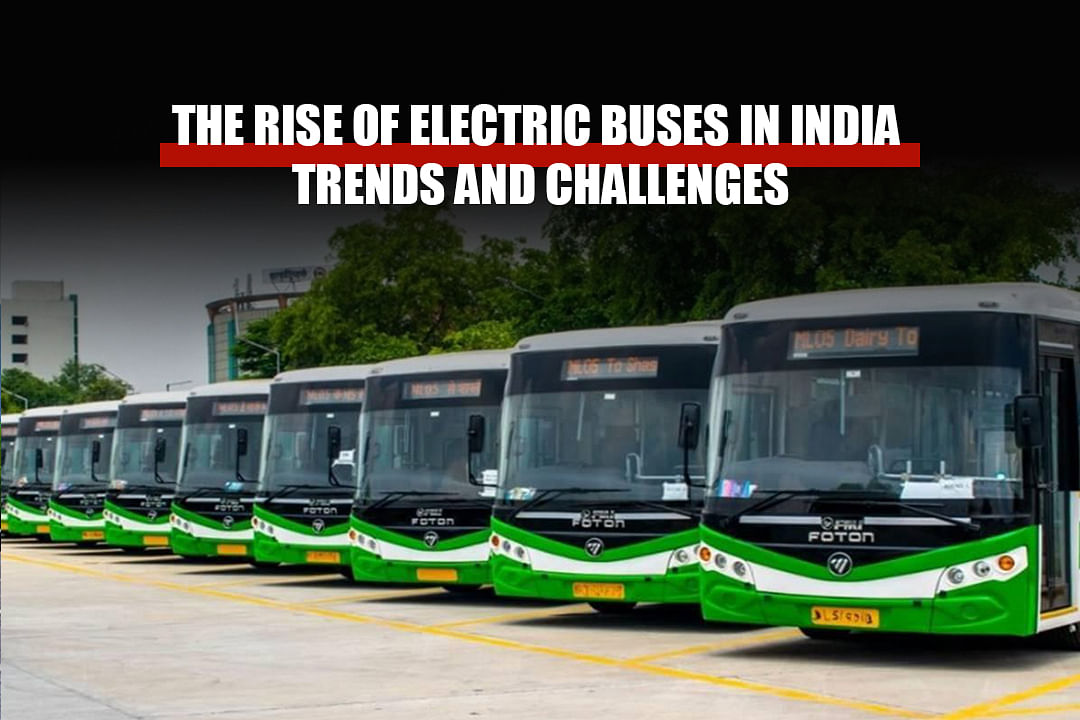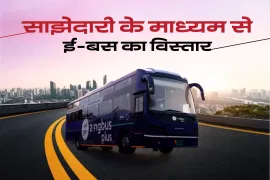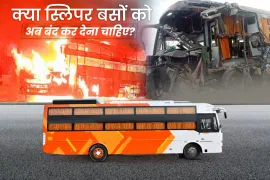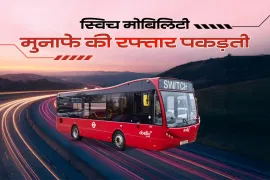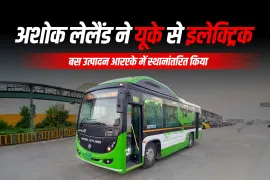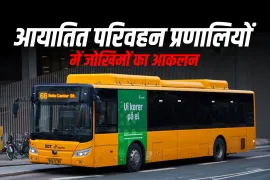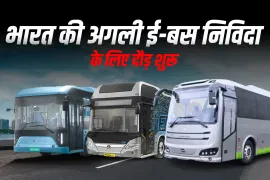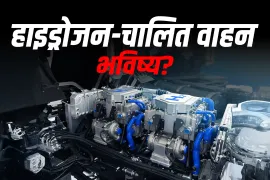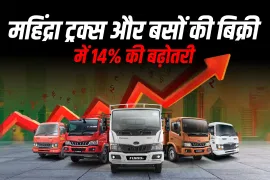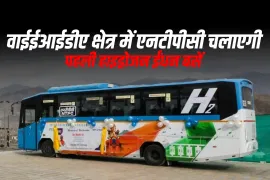India needs transformation. Transport systems strain under pressure. Roads stay congested. Air grows unhealthy. Diesel buses worsen pollution. Fuel costs keep rising. Electric buses offer a cleaner alternative. They emit less, operate quietly, and reduce long-term costs.
Public and private sectors now see the shift. Government bodies drive momentum. Manufacturers act fast. Demand surges—first in metro cities, then expanding outward.
Why India Backs Electric Buses
Urban transport depends heavily on buses. They carry millions daily. Yet diesel buses damage health. Their emissions linger in narrow lanes. Electric buses rewrite this pattern.
They cut pollution. They lower noise. They use local electricity instead of imported fuel. They suit fixed routes. They reduce lifetime costs.
With FAME II subsidies, the transition began. Cities like Delhi, Mumbai, and Bengaluru took the lead. These metros manage large fleets. They build EV depots. They track fleet data closely.
Private firms join in. Tech parks invest in electric staff buses. Schools evaluate electric school buses. Operators recognize benefits—fewer failures, reliable maintenance, and greener branding.
Electric Bus Price: A Barrier to Scale
Costs remain high. A typical electric bus in India ranges from ₹90 lakh to ₹1.5 crore. Diesel counterparts cost nearly half. This upfront gap slows mass adoption.
Still, electric buses save money over time. Fuel bills drop. Maintenance costs shrink. Fleets running daily see ROI within five to seven years.
Battery prices fall as technology improves. Local manufacturing drives prices lower. Government support helps, but slow subsidy rollouts continue to frustrate buyers.
What Drives the Market Forward
Several factors shape growth:
- Cities mandate cleaner fleets
- OEMs offer varied formats—9m, 12m, AC, non-AC, low-floor
- Telematics boost fleet efficiency
- Charging networks grow gradually
Electric commercial vehicles go beyond passenger services. Today, e-buses serve workers, students, and tourists. Some even power urban logistics. Battery tech is getting better. Charging has become faster. Energy storage tech is growing. These gains bring electric buses closer to widespread use.
Conclusion
India cannot delay decarbonization. Cities need cleaner air. Fuel imports will strain the economy. Health costs will rise. Electric buses provide a more sustainable path.Commercial electric buses already prove viable. Their ranges suit urban demands. Their costs fall each year. Their features keep improving. Soon, Tier-2 cities will adopt them. Intercity routes will be electrified. School and staff fleets will transition. Even delivery fleets may follow.
India’s electric bus journey has begun. But momentum matters. With the right policies, infrastructure, and training, this market can scale—fast, wide, and clean.
FAQs
1. What is the price of an electric bus in India?
The price of an electric bus in India typically ranges between ₹90 lakh and ₹1.5 crore, depending on the model, battery capacity, and features. Government subsidies under FAME II can help reduce the overall cost.
2. Which cities in India are using electric buses?
Major cities like Delhi, Mumbai, Bengaluru, Pune, and Hyderabad have already deployed electric buses in public transport fleets. Many Tier-2 cities are expected to follow as infrastructure expands.
3. Are electric buses cheaper to maintain than diesel buses?
Yes, electric buses have lower maintenance costs. They have fewer moving parts, no engine oil requirements, and reduced brake wear due to regenerative braking, resulting in long-term savings for fleet operators.
4. What are the main challenges of electric bus adoption in India?
Key challenges include high upfront costs, limited charging infrastructure, battery safety concerns, and policy inconsistency across states. However, government support and advancing technology are addressing these issues.
Looking for a used or new truck for your company, check out 91Trucks, your one-stop shop for all things commercial trucks. We have you covered from comprehensive reviews and precise specs to the greatest deals catered for your company requirements. Keep in the loop with the most recent industry news, analysis, and anecdotes.
Make sure you follow us on Facebook, Instagram, and LinkedIn and subscribe to our YouTube channel for fresh updates and expert videos!
Read More
वेब स्टोरीज़
नवीनतम बस समाचार
श्रेणी
91ट्रक्स एक तेजी से बढ़ता डिजिटल प्लेटफॉर्म है जो वाणिज्यिक वाहन उद्योग से संबंधित नवीनतम अपडेट और जानकारी प्रदान करता है।
